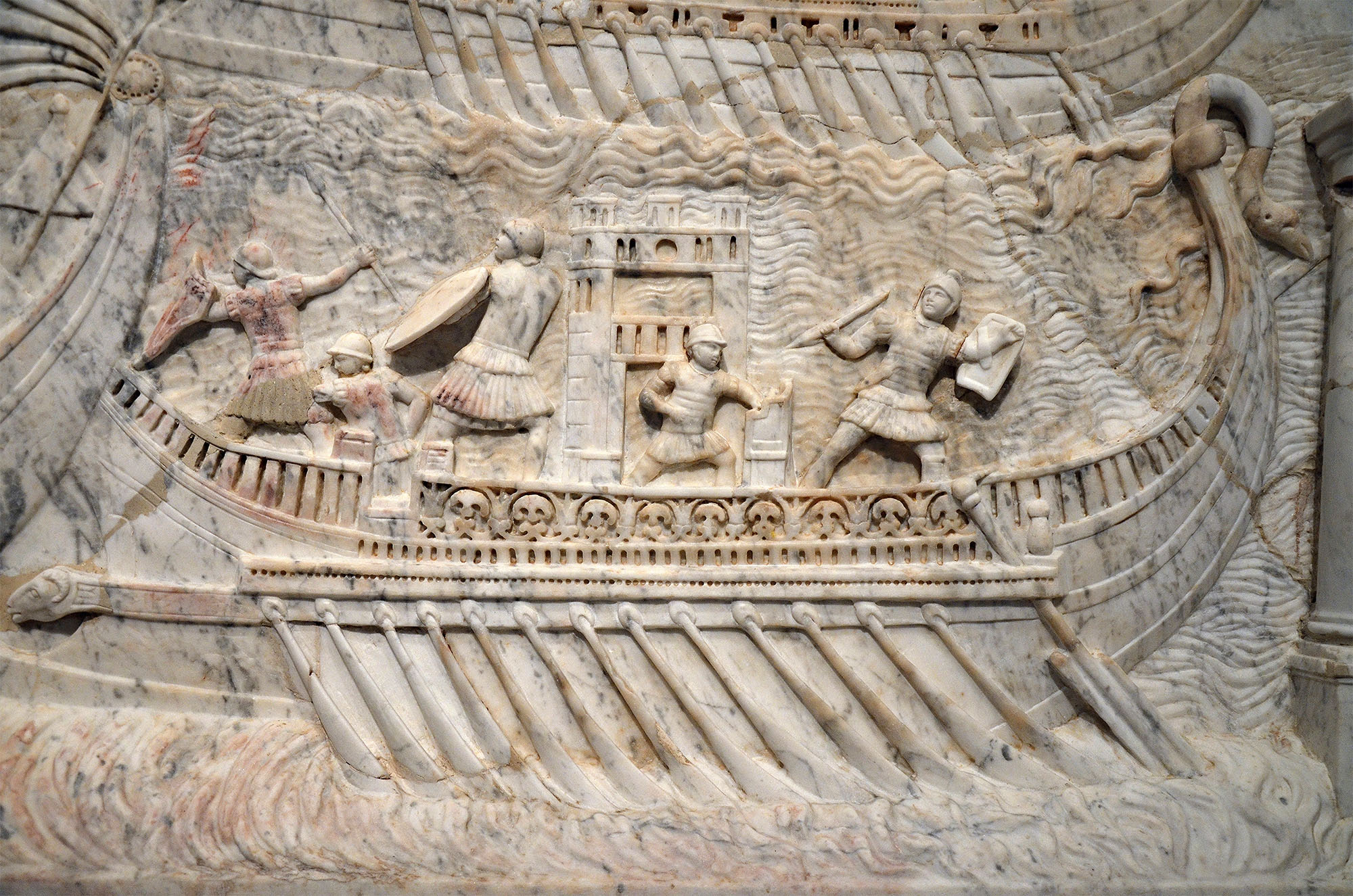

Gulf of Ambracia (Ionian Sea). In the 15th century a. 2 September 31. The Romans achieved victory in the naval battle of Accio and ensured control over Egypt. Therefore, the Greek hegemony in the Mediterranean is concluded on that date, but the Hellenic influence has remained so far. Alien Wisdom, written almost half a century ago by historian Arnaldo Momigliano (1908-1987): At the beginning of The Limits of Hellenization (1975) he stated that “homo europaeus is intellectually conditioned by Hellenic ancestors to this day.” This work was translated into Italian in 1980. Under the title L’Ellenism e le altre culture. And in 1988 they put the following title to the Spanish translation: The wisdom of the barbarians: the limits of Helenization. The words foreign, barbaric and barbarian can be considered synonymous in this case, since the word barbarian of Greek origin meant this: foreigner, foreigner. But in Greece itself, and more and more in Rome, the word had a derogatory tone that denoted, in his view, its dominion over the cultures of the environment.
But Momigliano, in his work, without denying Helenist influence, works on relations with other cultures: Roma, Celts, Jews, Egyptians, Persians… And he concludes that, sometimes, Greek influence was not as profound as was thought, for example, in Judaism. Greek thought had a superficial influence on closed Judaism. And furthermore, although Hellenism was dissolved under Roman pressure, Hebrew culture had the ability to survive.
In other cases, Momigliano says that the influence was also significant in the opposite direction. As for the Persians, for a long time. In the 15th century a. In the sixth century the Persians conquered Lidia and Jonia, which allowed the exchange of the two cultures. Thus, Momigliano says that the influence of the Persians is evident, for example, in the concept of justice of Heraclitus or in the astronomy of Anasimandro, and at the birth of philosophical thought Zaratustra had to say.
“We are all Greeks,” said poet Percy Bysshe Shelley. Historian Arnaldo Dante, for his part, explained that we were born from multicultural relations.